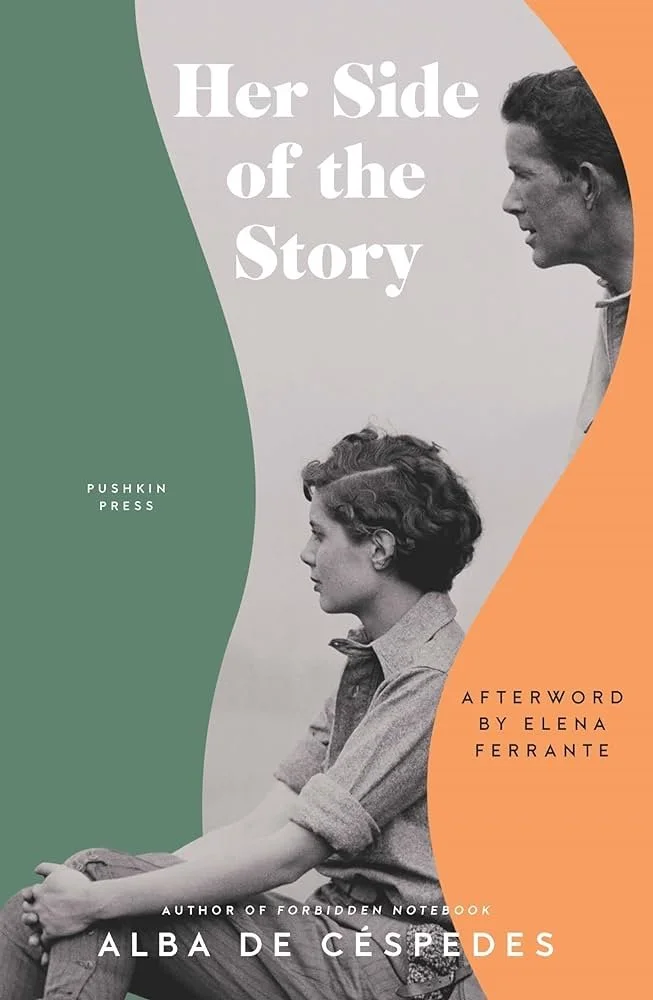Damon Galgut's brilliant 2014 novel “Arctic Summer” was a fictional reimagining of the life of EM Forster which describes his experiences after the publication of his novel “Howard's End”. Forster's classic book about who will inherit a house serves as the structure for Galgut's new novel “The Promise”, but it's set in South Africa in the years immediately before and after Apartheid. It follows the experiences of a relatively-privileged white family who own a small farm and their fates over time. An annexe to their property is inhabited by Salome, a black maid who has worked for the family for many years and the novel begins with matriarch Rachel on her deathbed requesting that the deed to this property be given this woman who has served her so faithfully. Although her husband Manie promises to fulfil her wish, the transfer of ownership to Salome is delayed year after year after year. The self-consumed and selfish family members are so concerned with their own dramas that fulfilling this bequest always seems tediously inconvenient or perhaps it's a power they are unwilling to relinquish. But youngest daughter Amor witnessed the promise being made and persistently reminds her family it should be honoured (much to their exasperation.) Just as Forster's novel symbolically asked who will inherit England, Galgut's story asks who will inherit South Africa but I think his query is much more complicated than that simple concept sounds.
The striking thing about how this novel is written is its impressively fluid style which artfully weaves in and out of certain perspectives, briskly navigates through different scenes and frequently switches point of view. At first this felt almost disorientating to me as transitions in focus are made so rapidly it sometimes requires careful attention to follow the narrative, but it soon became mesmerising as I felt caught in the flow of time and Galgut's gorgeously poetic language. However, the apparent freedom of this narrative to roam wherever it wishes (even into the perspective of the dead) is deceptive. As the story progresses, it becomes apparent that in following the fates of different members of the Swart family we're also tragically locked into the white gaze from which they cannot escape. Their prejudiced views saturate the sensibility of this novel. Their assumed superiority and odious casual racism appears with wincing regularity. For example, a typical paranoid statement made about black servants is that “You have to get rid of them before they start to scheme.” If these racist attitudes come to feel exasperating and if the reader longs to instead get Salome's perspective I think that's fully intentional. It's something the Swart family with their myopic view of the world never considers and so the reader is similarly denied access except for brief glimpses such as the family's black driver Lexington who observes with exasperation: “It is not always possible to please two white people simultaneously.” As such, we come to understand the real crisis in a country where legalized segregation may have ended but the tragic divide between two groups of people remains.
The crucial character in this tale and its moral ballast is Amor who slowly comes to understand the poisonous society in which she's being raised. At first she has a childish innocence about this: “Amor is thirteen years old, history has not yet trod on her. She has no idea what country she's living in.” As soon as she realises how her family and nation are locked into insurmountable prejudiced attitudes she removes herself from them and the novel itself. We're fed very little information about her life other than how she trains as a nurse, works with AIDS patients, has a relationship with another woman and ends up living on her own. But the more intricate details and her emotional reality are something we can only imagine just as the narrator wistfully imagines furnishing her sparse apartment. Amor only appears when a crisis occurs in the Swart family and it's very difficult for them to locate her because she's made it almost impossible to contact her or doesn't respond to their calls. She realises there isn't a way to change her family's attitude or mend the deep fissure which exists in this country. Nor does she presume to know or understand Salome and her son's situation. All she can do is insist upon the rightful ownership of a crumbling piece of property. Herein lies the tragedy of every person's position in this system which Isabel Wilkerson wrote about so powerfully in her book “Caste”.
Galgut's inspiration for the plot of this novel may have come from a book frequently cited as one of the greatest works of English literature, but its message feels more rooted to me in the 1950s classic Hollywood melodrama 'Imitation of Life'. In this film, a white woman named Lora takes in an African-American widow named Annie whose mixed-race daughter is desperate to be seen as white. When Annie dies, Lora looks shocked at the enormous amount of people who come to mourn her maid and how Annie had a full life outside of her home that Lora was entirely ignorant about because she never asked. The radical thing about this is that the director is also asking the audience to consider why they didn't think about Annie's life outside of the circumscribed boundaries of Lora's white world. Similarly, late in the novel “The Promise” the narrator makes an accusation of his reader “if Salome's home hasn't been mentioned before it's because you have not asked, you didn't care to know.” While we avidly follow the story of justice being served to the Swart family as their archaic world implodes over the course of the novel, there are different characters' stories we are being denied access to... or perhaps we are wilfully blind to the reality of certain people different from ourselves. This is an unsettling distinction and I admire Galgut for raising this point in such an artfully constructed novel.









